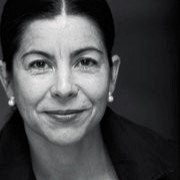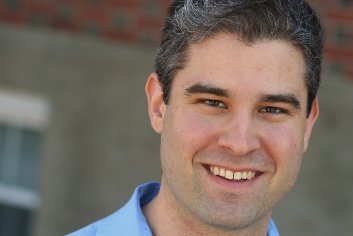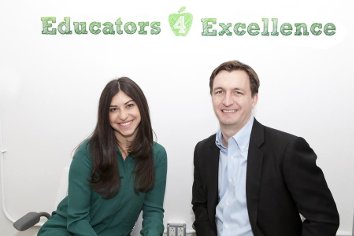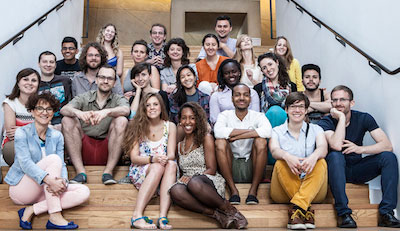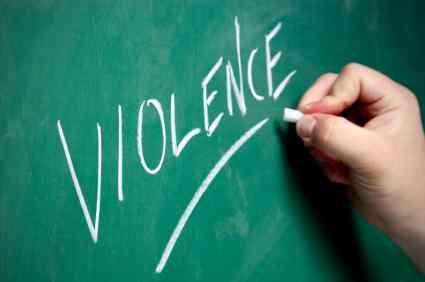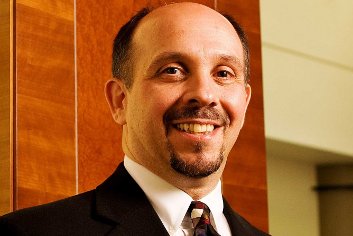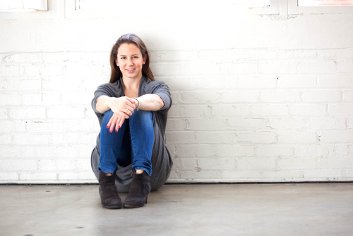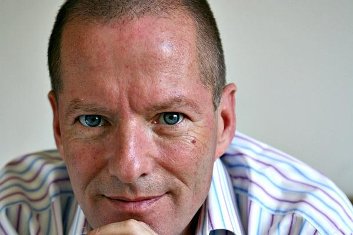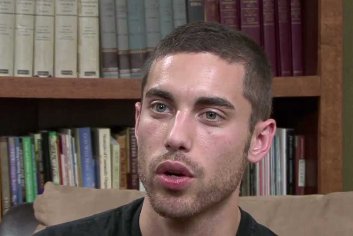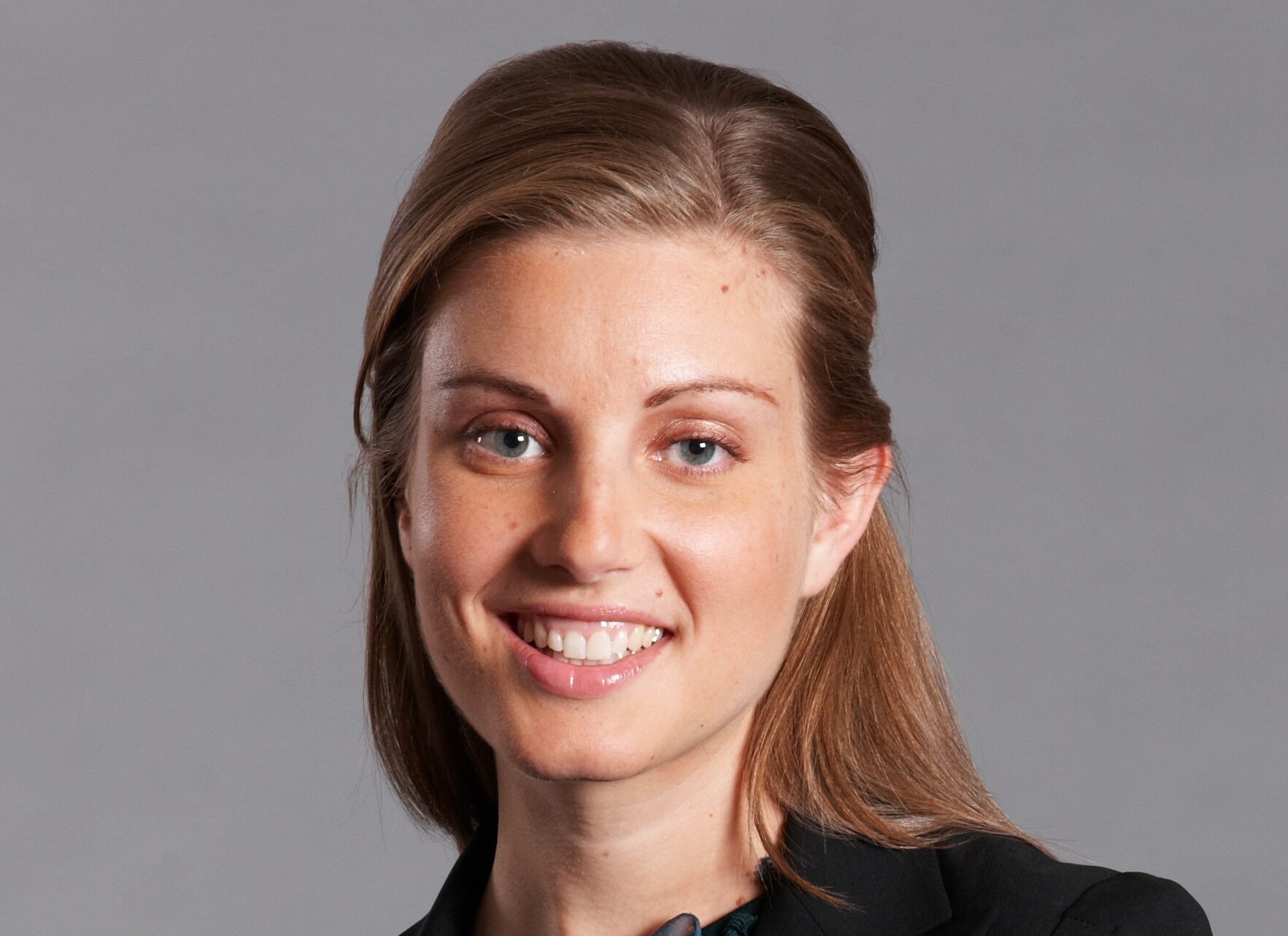
OLBIOS: You work at the intersection of the internet, digital media and education. Technology is bringing about radical changes in education. Could you give us some instances of how technology is impacting education in unprecedented ways?
Katy Kavanaugh: Most obviously during COVID, it is keeping us safely connected to the things we know: family, friends, learning, work.
O: Would you also agree that 3D Printing is already causing ripples in the education sector, and that many educational institutions are capitalizing on the impact of social media? Do you think that the introduction of biometric systems in schools has helped to streamline education and enhance discipline?
K.K.:3D printing is exciting for young learners and advanced users alike. My Stanford advisor Paulo Blikstein provided the tool in his FabLab. That’s where I had my first exposure – graduate school! I find it amazing how younger learners can cover so much understanding when 3-D printing is a scaffold – much in the same way Maria Montessori used architectural form.
Biometric systems used K-12 education to gather data having to do with learning habits – length of gaze, etc. is potentially valuable but I would rather hear rich expression from a learner to assess whether learning has happened. A student’s finger, hand or iris presented for authenticity in taking attendance seems perhaps hyper-vigilant but after our completely online COVID experience, maybe not so much in the future. I really have not had enough experience with the way biometric systems are otherwise used in Education. Though both of my parents were educators, prior to my graduate degree at Stanford, I was producer/curator/presenter. The cinema was where I presented new immersive experiences.
O: How can one tell if teachers innovating and trying out new pedagogical approaches actually leads to improvements? Is there a standard procedure for evaluating the success of innovative strategies?
K.K.:Educators are taught assessment and build it into new curriculum. There are various modes of assessment, from surveys that can be plotted quantitatively to qualitative interviews which can be coded and quantified. I particularly like to see how a learner uses the new information in a project of their own creation…Bloom’s Taxonomy in action.
O: You focus on issues of global education. In some classes, global learning can seem like useful course available to handful of students, or a fun project the last few weeks of school. Can global issues and perspectives become a lens for teaching all subjects? How does global learning lead to holistic student outcomes and then to academic success?
K.K.: This is a thoughtful question bearing a broad spectrum of opinion, which I’m aware of personally from both a rural and urban perspective. First of all, a wide view of the world helps us understand ourselves and hear objectivity about the place we’ve come from. Travel is a great teacher.
If we are fortunate enough to immerse in a culture, geography, language other than our own, especially at a young age, the effect is both humbling and expansive. The traveler develops objectivity of self and culture. Metacognition deepens. We learn as much about ourselves as we learn about the inhabitants whose home we visit. If travel is inaccessible – a facsimile is available through affordable alternatives like literature and cinema. So often, these gifts through films are only available if we’re lucky enough to have a family member, friend or teacher who is an enthusiast. It shouldn’t be left up to luck.
Your questions are those that the International Baccalaureate curriculum and schools hold as a central lens. Many U.S. public school systems are adopting the curriculum as offerings for their students, in addition to Advanced Placement and Common Core. This, though, varies state to state.
These travel-like experiences stretch the learner to hone discernment according to their own experience; to archive a variety of aesthetics; hear a diverse rhythm and pace of music and stories – all a rich and lasting pallet of experience serving curiosity and patience for inquiry, collaboration and solution.
Katy Kavanaugh is Founder at 360.tv


